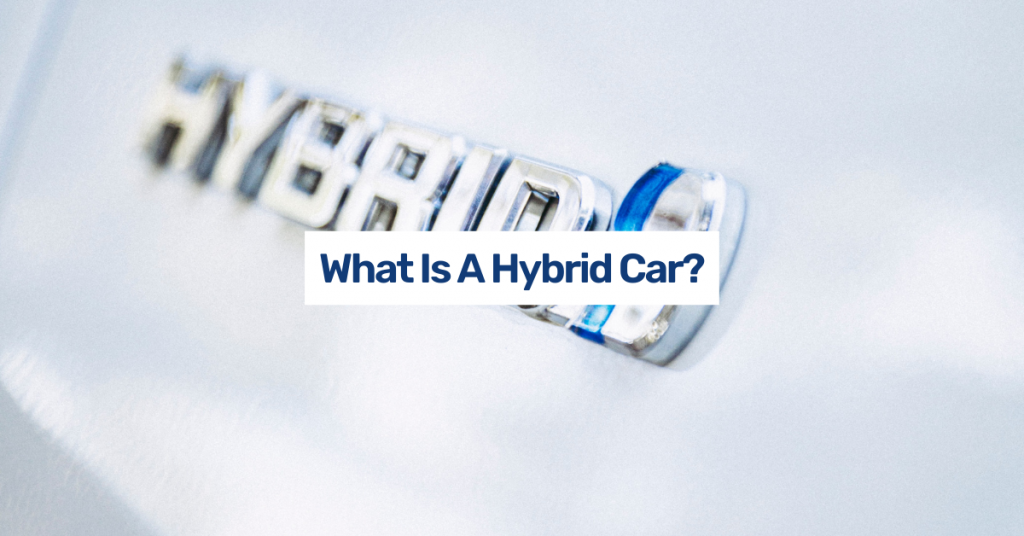Understanding Hybrid Cars: The Perfect Blend of Efficiency
A hybrid car is a marvel of modern engineering, bringing together the strengths of traditional petrol or diesel engines with an electric motor. This innovative combination offers a more efficient and eco-friendly driving experience.
Three Types of Hybrids
Parallel Hybrid Cars
The most common hybrid type, these cars can be powered in three different ways: by the conventional engine, the electric motor alone, or a combination of both. The electric motor is especially beneficial for short bursts of city driving, where it shines in terms of economy. The engine kicks in during acceleration, and during deceleration or braking, a regenerative braking system stores energy in the battery for future use.

Range Extender Hybrid Cars
In this hybrid type, the conventional engine functions solely as a generator to recharge the batteries, never directly driving the car. This setup allows for extended electric driving range, making it an excellent choice for those seeking more electric-only driving capabilities.

Plug-in Hybrid
True to its name, a plug-in hybrid can be charged via an electric outlet. These hybrids boast larger batteries compared to regular hybrids, enabling longer electric-only driving distances. They offer the flexibility of being charged while driving and can switch to petrol or diesel power when needed, ensuring you’re never left stranded.

Why choose a hybrid car?
- Fuel Efficiency and Reduced Emissions: Hybrids typically consume less fuel and emit fewer CO2 emissions compared to conventional petrol or diesel engined vehicles. This means you can contribute to a greener planet while saving on fuel costs.
- Lower Tax and Charges: Many hybrid have lower CO2 emissions, which means they qualify for benefits such as reduced road tax and company car tax. Additionally, they often avoid congestion charges, offering further savings.
- Driving Modes for Flexibility: Most hybrids offer a range of power modes, from eco to power, letting you tailor your driving experience based on efficiency or performance, depending on the situation.
- Eliminating Range Anxiety: With a conventional engine at your disposal, range anxiety becomes a thing of the past. The hybrid seamlessly switches to then engine when needed, ensuring you always have a reliable driving option.
Is a Hybrid Car Right For You?
A hybrid is an excellent choice if your driving is primarily urban, where the electric motor’s efficiency shines. However, if your driving involves a lot of motorway and fast A-road trips, you might find hybrids less efficient in these scenarios.
Understanding the different types of hybrids and their advantages helps you make an informed decision, ensuring you choose a vehicle that aligns with your driving needs and environmental concerns.


